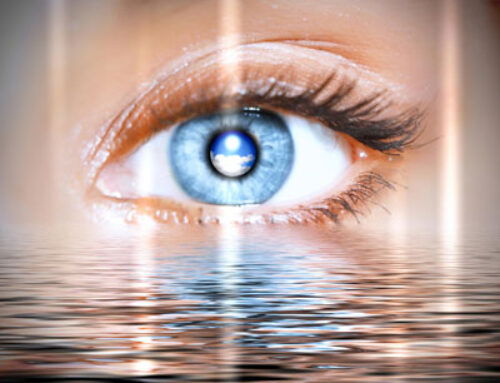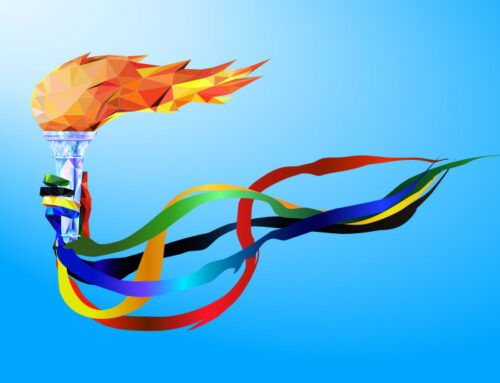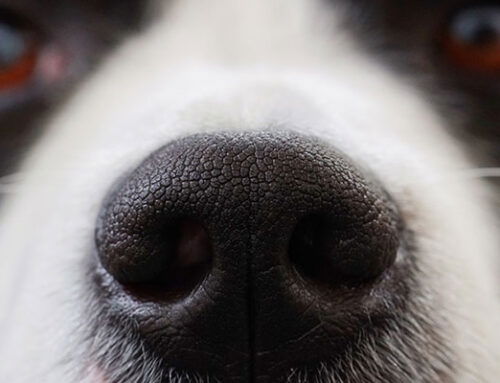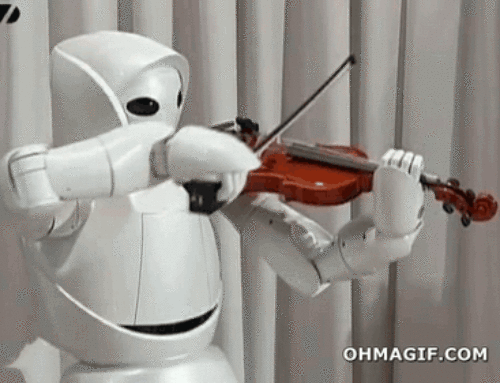Final drafts, like any marketed product, look polished, straightforward and consistent, but that’s not how they got there. Much is left out of any published book, or any final product for that matter. Final products shine as the tips of the creative process.
Readers get little information on what thoughts and agonizing contradictions characters suffer through to become who the author made them: what mistakes they made along the way, what foolish thoughts they had, and what detours they took, or didn’t take. Every book could readily be twisted to a different book with a different outcome, or could be expanded to several books by exposing these hidden traumas. Even a character’s appearance when fully dressed leaves much to the imagination: what choices did the character make from whole wardrobe, how meticulous was the process of getting dressed, how many different pieces of clothing were tried on and discarded, or what thoughts he or she had while sprucing up, and so forth.
When I was perusing early versions of Jellyfish Have Eyes I was reminded of Ricardo’s thoughts about being compared to Galileo that got buried, deleted from the final version, without gravestones to mark their demise. Luckily I saved a few. Bless the computer!
Ricardo was flattered that Sophia, his eager young lawyer, compared him to Galileo. What scientist wouldn’t be flattered to be mentioned in the same breath with one of the greatest scientists of all times? My goodness, what an honor! Ricardo admitted that he was no Galileo, but he didn’t reveal all his thoughts and feelings at the time.
After listing some of Galileo’s great discoveries about the motions of celestial bodies, Sophia said, “Where would we be today if such advanced thinkers and risk takers did not see further than the mainstream of their times?” And then she added, “Galileo’s courage to explore the heavens changed mankind. Certainly no one today would support his prosecution by the Church.”
Ricardo listened and figured that it was ridiculous and immodest to agree with her by comparing himself to Galileo, so he said only, “Isn’t that extreme?”
Earlier versions of the novel indicate that Ricardo’s modesty was partly truthful – he was not a conceited man – but there was complexity under his smooth exterior. He knew that he never made discoveries as important as Galileo, but Sophia had a point: he did imagine a similarity between himself and the great Italian scientist. Galileo turned his telescope to the heavens in a way no one had before, while he – Ricardo Sztein – also a scientist driven by curiosity, looked down into the murky waters through a new lens. It seemed that the difference between the two was in the direction of their focus and the subject matter. Galileo peered up at the mysterious Heavens, while Ricardo looked below, under water, at jellyfish. Galileo reduced the high Heavens to earthlike mountains and valleys; Ricardo reduced Man’s view of himself by elevating the lowly jellyfish to the level of Man. Both Galileo and Ricardo did breathtaking work at the wrong time in history to be accepted as revolutionary, or even interesting. Galileo made his discoveries when the Church ruled, with society enveloped by the concept of God; Ricardo made his discoveries when politicians ruled, with society concerned only about themselves.
In some ways Ricardo envied Galileo, who had been struck down by the accepted power of the Church. The religious beliefs of the Clergy reigned supreme, and Galileo must have known exactly where he stood from the beginning. Therefore, his boldness built an historical monument. Ricardo was sucked under by invisible quicksand surrounding the mysteries of Nature, impeding creativity. Therefore, he felt that the Relevancers had robbed even his martyrdom.
Oh, yes: the Relevancers, another concept of Sophia’s. Who were they? That’s a question for another day.






Drifting free in thought, great idea, dont worry about fenancis, health, car problems, people problems do the jelly fish squiggle through the porthole of quiet, peaceful space! I am there!! Thank you Son!